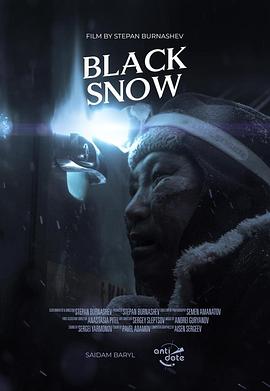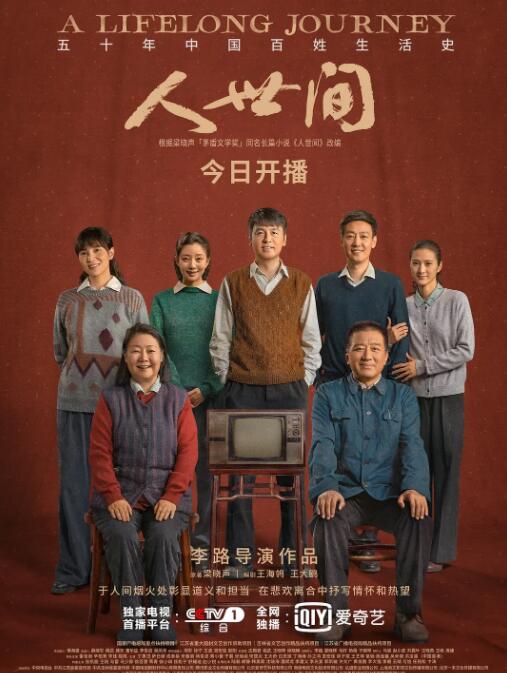- 正在播放《最后的列车》HD - 标清1线
- 提醒不要轻易相信视频中的任何广告,谨防上当受骗
- 技巧如遇视频无法播放或加载速度慢,可尝试切换播放节点或者切换解析
- 收藏悠久影院网址:www.635k.com / www.635k.com ,记得收藏哟~
"Aleksei Gherman junior’s film The Last Train premiered in Moscow in mid December during the fi[展开全部]
悠久影视"Aleksei Gherman junior’s film The Last Train premiered in Moscow in mid December during the film festival Stalker, which also awarded it the prize for the best film. However, its first screening had already taken place in the ‘controcorrente’ competition of the Venice Film Festival in September. The film, dealing with theme of war and shot in black and white, remained unnoticed by the press in the context of the Venice Film Festival (preoccupied almost exclusively with Zviagintsev’s The Return), although it was awarded a prize. In Moscow, it made rather a different impression, especially when set in the context of films dealing with human rights issues.Gherman’s film is, in a sense, a response to his father’s war film 20 Days without War. Maybe this explains the oddity of a young, clearly talented director venturing on his debut film into the trodden territories of the war film, a theme that dominated Russian cinema in general, but had also been dealt with by his father. For Gherman Junior, however, war knows neither winners nor losers: instead of exploring the history of WWII, Gherman looks at the fate of two men who have failed to make the right choice (or a choice) at the right time. Therefore, they are now the victims of circumstances, of politics, of regimes – which they have or have not elected. Gherman’s concern is with people in particular circumstances, which are not their choice, and how they cope with these unwanted situations.[收起部分]
































